What to say to someone who is depressed: 10 suggestions

Depression is a mental health condition that affects around 280 million people worldwide1. Although it is quite a common illness, there are still some misconceptions surrounding it2.
First of all, it is important to have reliable information and facts and to recognize that depression is not just a bad mood or a lack of willpower, as some people mistakenly believe3. What do you say to someone who is depressed? Here are 10 suggestions.
10 useful tips: what to say
1. I’m here for you, you’re not alone.
It’s important to make your presence felt5. Being present means just being there without necessarily doing or saying anything5.
Several studies show that reducing the feeling of loneliness is key and that social support is a protective factor6. Families can be a great source of support and can encourage patients to make positive changes7.
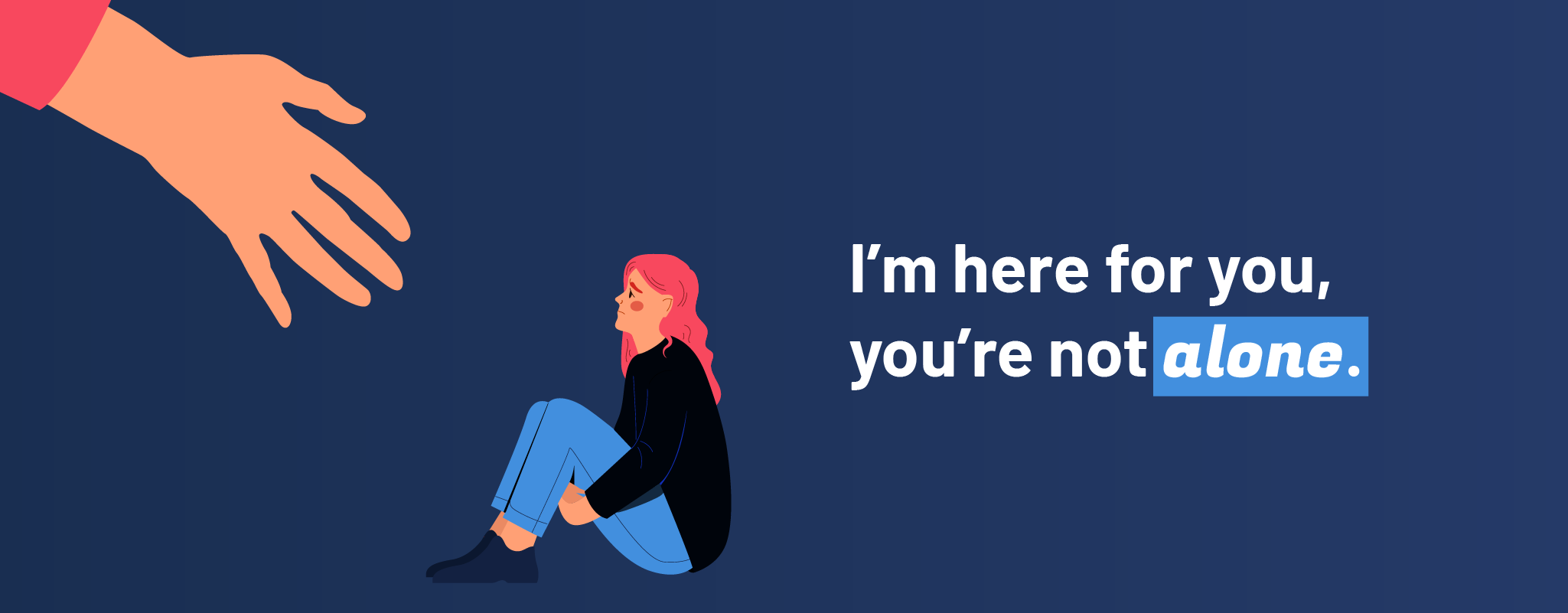
2. You don’t have to say anything, but I’m here if you want to talk about it.
Don’t expect the person to open up and explain how they are feeling. But if they want to or need to, you should be willing to listen5.
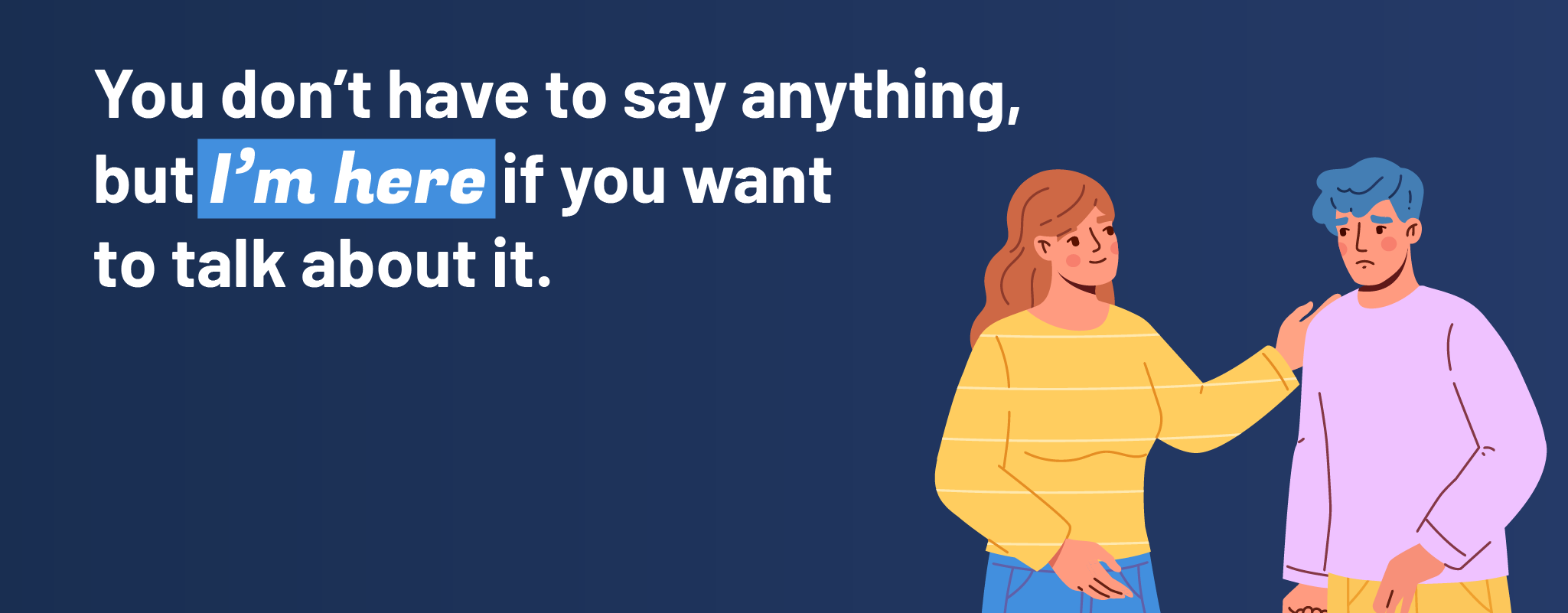
3. I can’t imagine how you’re feeling, but I do know that depression is an illness.
By saying this, you’re validating their illness while also acknowledging that you can’t know how they are feeling, and letting them know that you don’t question their symptoms8,2.
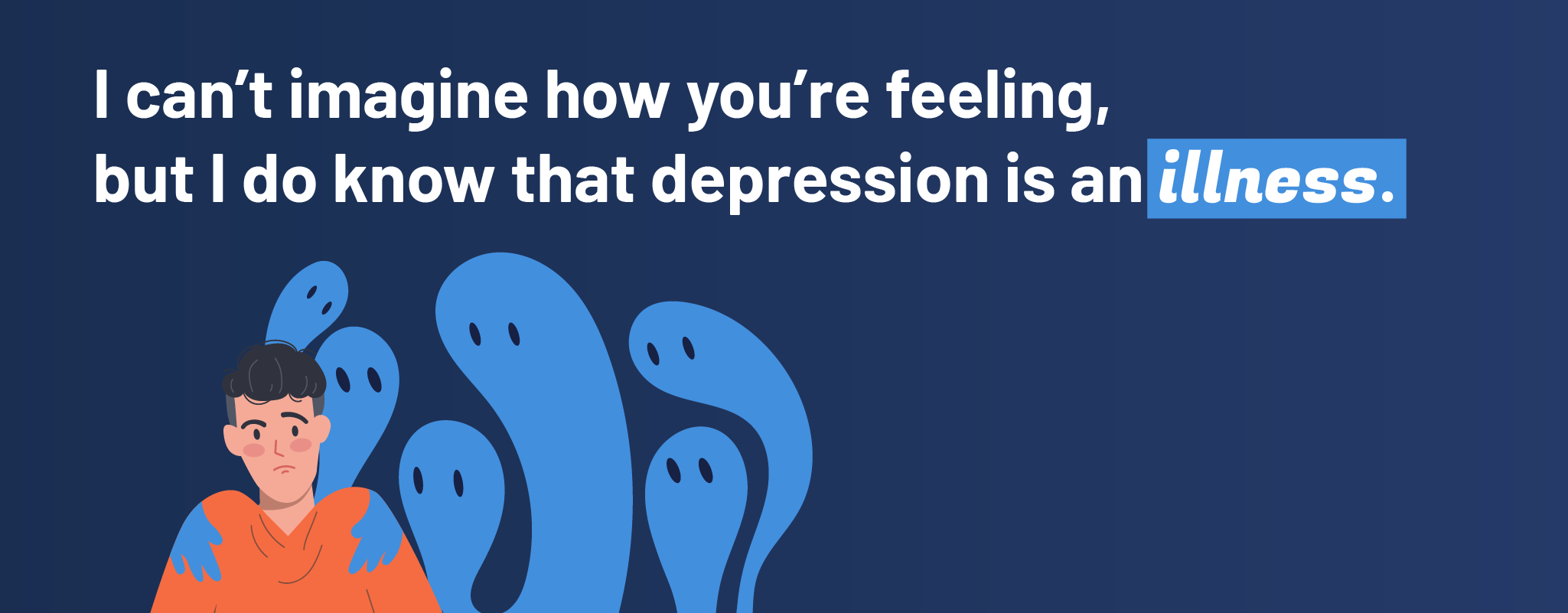
4. Is there anything I can do for you?
It’s usually a good idea to ask the person if they need anything, rather than assuming or guessing what they might need5. This is an opportunity for you to give them concrete help, such as buying groceries or helping them with housework, if this can support them and/or make them feel better5.
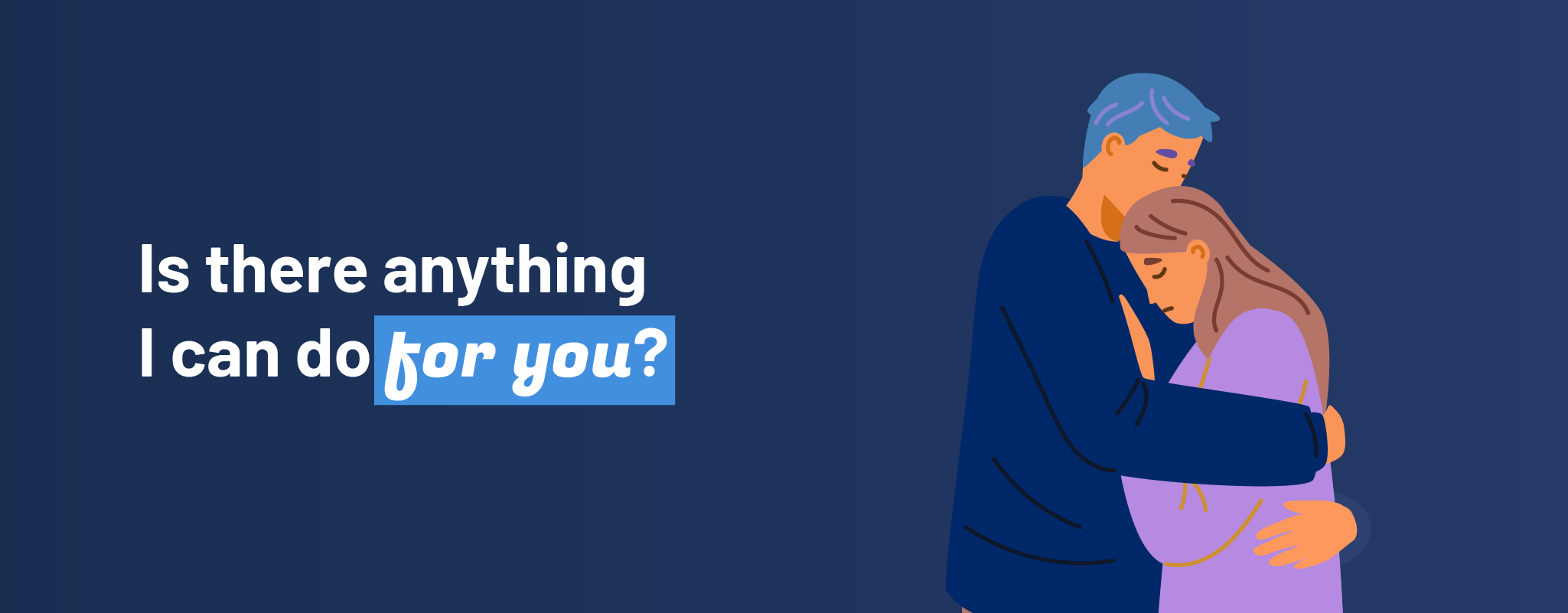
5. Don’t give up5.
Giving your friend or loved one encouragement and making it clear that depression is a treatable illness can help them feel better and stick to their therapy9.

6. You’re still you.
One way to be there for someone is to remind them that they are not their illness and that the way they are feeling does not change who they are8.
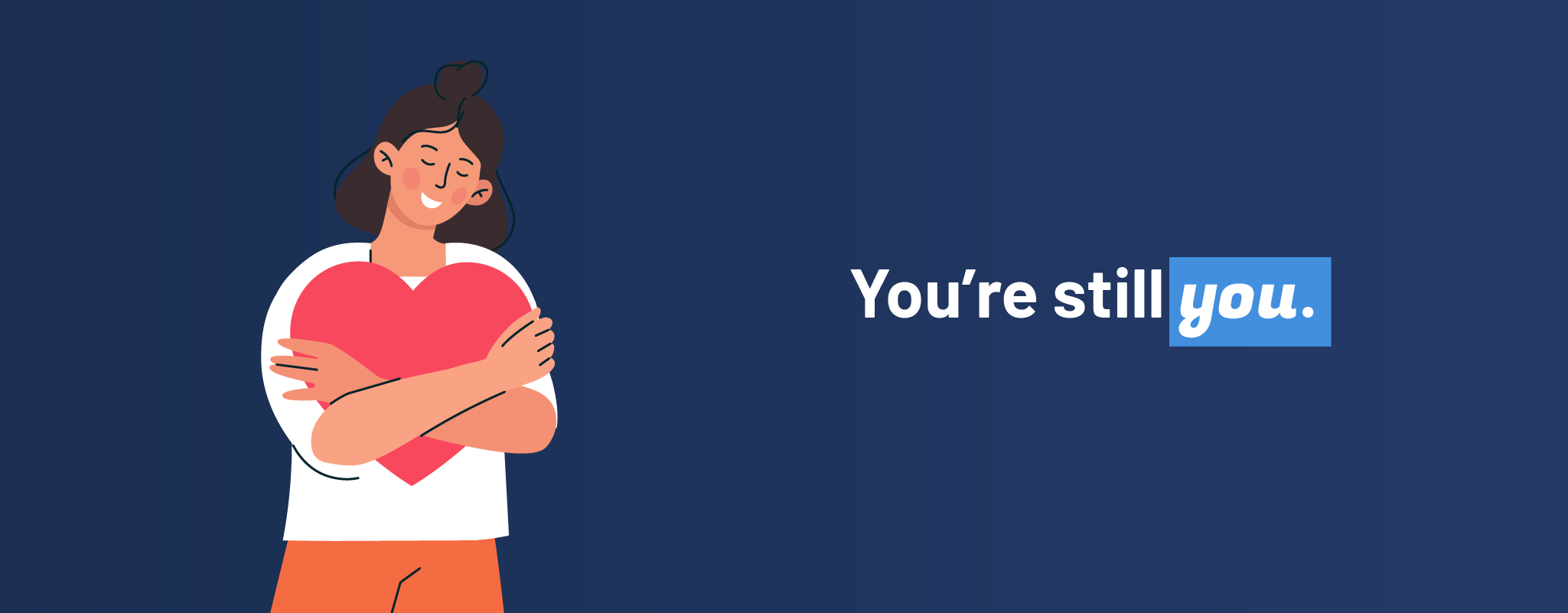
7. You don’t have to apologize.
Let your friend or loved one know that they don’t have to feel guilty or apologize for the way they’re feeling and behaving5. It’s a great way to validate their illness and to remind them that they’re supported and that you’re there for them5.

10 useful tips: what not to say
8. I’ve dealt with tougher experiences than what you’re going through.
Making comparisons trivializes the illness and can cause stress or anxiety in a person already dealing with depression8.
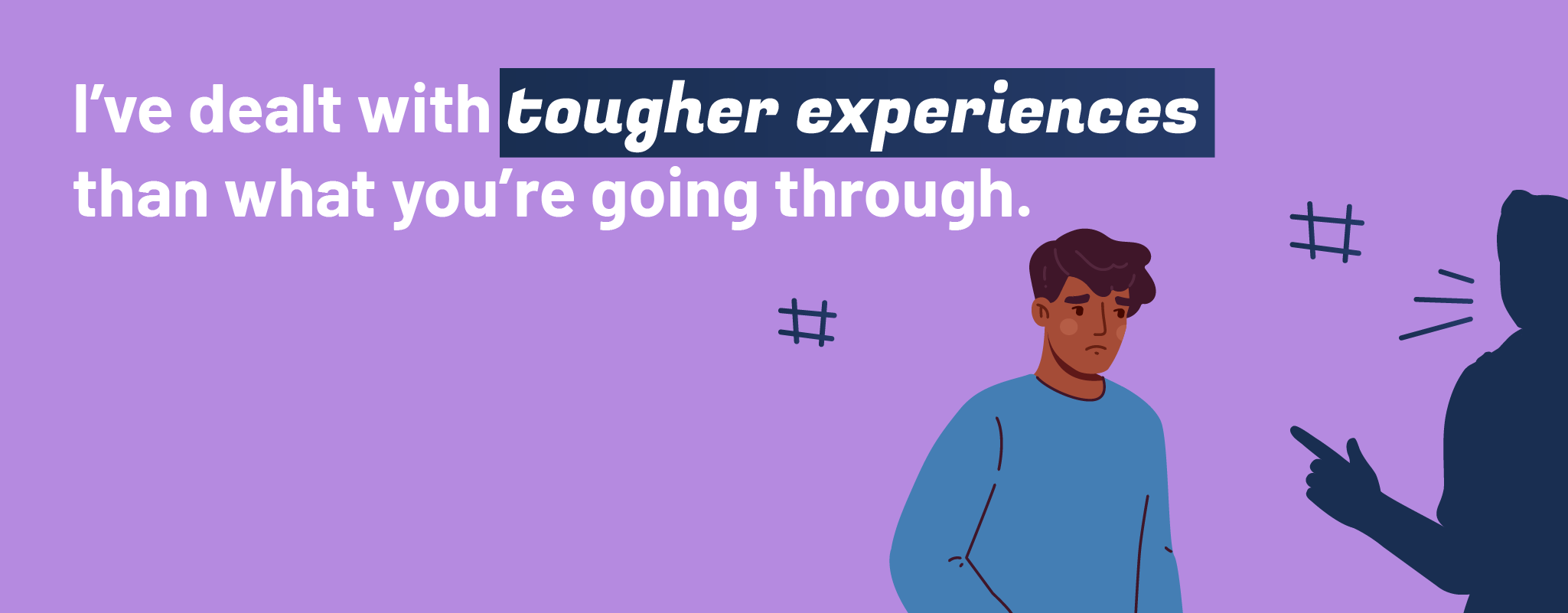
9. Why are you always sad/depressed?
This question indirectly blames the person, as if their feelings were a matter of choice or sign of weakness8. It would be like asking someone with hypertension why their blood pressure is always high8.
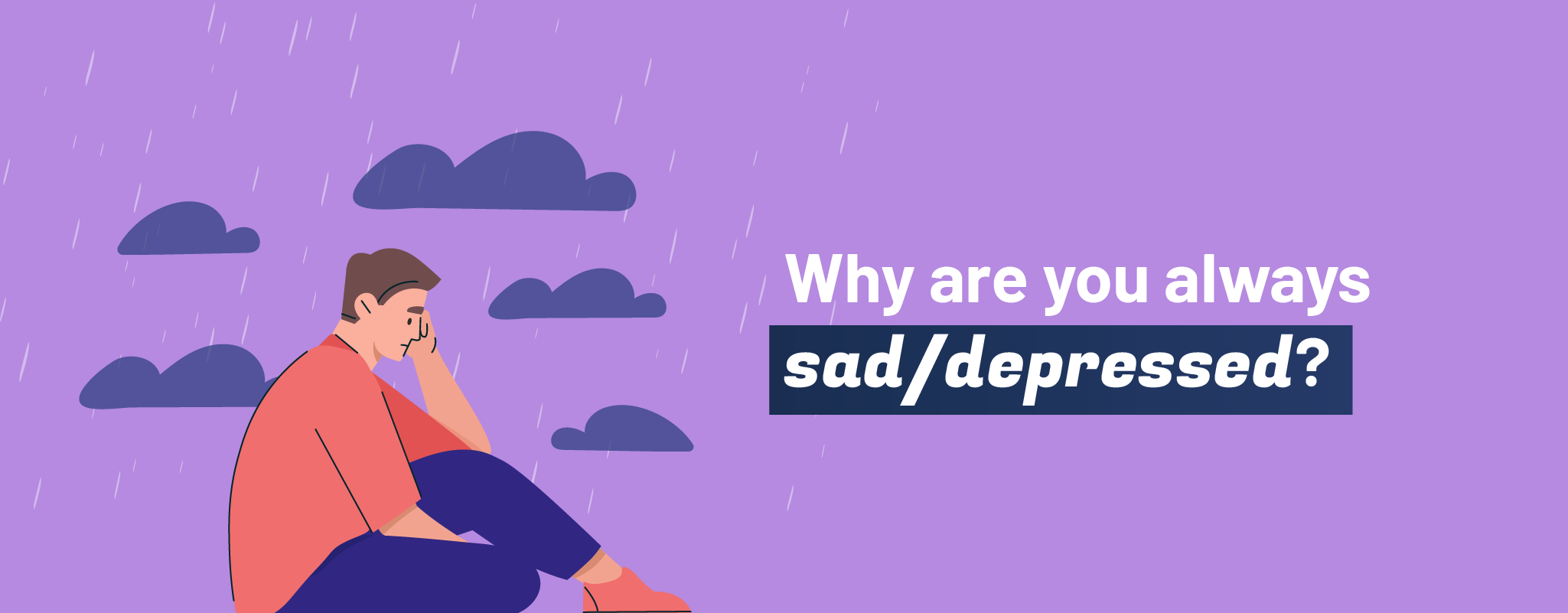
10. But you've got everything you need in life!
Family members or friends often remind a patient that they have a good job, a loving family and good relationships10. But depression is an illness that can affect anyone and “takes no notice” of a person’s achievements10.

How to help a depressed person
How to help a friend with depression? Depression should be taken seriously, and always remember that the patient shouldn’t be made to feel lazy10. Stay informed, but it’s also important to be there for someone who has depression, to listen to them and encourage them to ask for help5.
When to ask for help
If a friend or a loved one has ongoing, intense feelings of sadness, inadequacy, fatigue and psychological discomfort, encourage them to ask for professional help3. Depression is an illness and should be dealt with as such3.
References:
- World Health Organization (WHO), “Depressive disorder (depression)”, 31 March 2023
- Yokoya S., Maeno T., Sakamoto N., Goto R., Maeno T., “A Brief Survey of Public Knowledge and Stigma Towards Depression”. J Clin Med Res. 2018 Mar;10(3):202-209. doi: 10.14740/jocmr3282w. Epub 2018 Jan 26. PMID: 29416578; PMCID: PMC5798266, https://pmc.ncbi.nlm.nih.gov/articles/PMC5798266/
- National Health Service (NHS, Uk), “Overview - Depression in adults”, 5 July 2023
- Zdun-Ryżewska A., Basiński A., Majkowicz M., Podolska M., Landowski J., Walden-Gałuszko K., “Association between social support and quality of life in patients with affective disorders”, The European Journal of Psychiatry, Volume 32, Issue 3, 2018, Pages 132-138, ISSN 0213-6163,https://doi.org/10.1016/j.ejpsy.2018.05.002. (https://www.sciencedirect.com/science/article/pii/S0213616317300903)
- Penn Medicine, Princeton Health, “10 Tips on What to Say to Someone Who is Depressed”
- Li G., Li Y., Lam A.I.F., Tang W., Seedat S., Barbui C., Papola D., Panter-Brick C., Waerden J.V., et al., “Understanding the protective effect of social support on depression symptomatology from a longitudinal network perspective”. BMJ Ment Health. 2023 Nov 29;26(1):e300802. doi: 10.1136/bmjment-2023-300802. PMID: 38030405; PMCID: PMC10689368. https://pmc.ncbi.nlm.nih.gov/articles/PMC10689368/
- Chand S. P., Arif H., “Depression”. [Updated 2023 Jul 17]. In: StatPearls [Internet]. Treasure Island (FL): StatPearls Publishing; 2025 Jan-. Available from: https://www.ncbi.nlm.nih.gov/books/NBK430847/
- ChoosingTherapy.com, “What to Say to Someone Who Is Depressed”, 7 February 2023
- Ozbay F., Johnson D.C., Dimoulas E., Morgan C.A., Charney D., Southwick S., “Social support and resilience to stress: from neurobiology to clinical practice”. Psychiatry (Edgmont). 2007 May;4(5):35-40. PMID: 20806028; PMCID: PMC2921311, https://pmc.ncbi.nlm.nih.gov/articles/PMC2921311/
- Miller L., Johns Hopkins Medicine, “Debunking Myths of Teen Depression”
